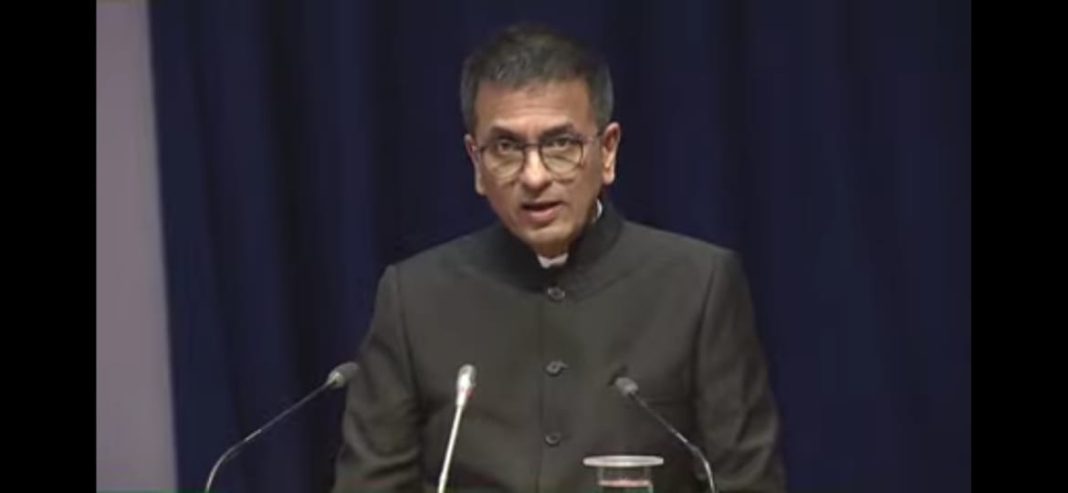Chief Justice of India D.Y. Chandrachud on Wednesday said that he will examine the request to set up a seven-judge bench to hear certain Constitutional cases, such as the matter related to passage of laws as money bills by the Parliament.
The CJI made the observation after Senior Counsel Abhishek Manu Singhvi mentioned the matter relating to money bills. The Senior Counsel said that this was a 7-judge bench matter, adding that he realised that it could not be constituted immediately. Singhvi said the lead plea in the case was Rojer Mathew.
The CJI said he has been wanting to constitute the 7-judge bench matters, adding that he would consider the matter.
Money Bills are those Bills which exclusively contain provisions for imposition of taxes and appropriation of money out of the Consolidated Fund. They can only be introduced in the Lok Sabha. The Rajya Sabha can only suggest amendments to such bills.
The recommendations on money bills by the Upper House (Rajya Sabha) are not binding on the Lower House, which may choose to reject it.
A five-judge Constitution Bench of the Supreme Court had ordered in November 2019 that the validity of passage of the Finance Act 2017 as money bill should be decided by a larger bench.
The order was passed on a bunch of petitions concerning the functioning of tribunals, including a challenge to the Finance Act 2017, which had revamped the schemes governing the functioning of tribunals.
In that case, all suggestions made by the Rajya Sabha regarding the Bill passed in the Lok Sabha were junked, and the Act came into force on April 1, 2017.
The petitioners had contended that the passage of the Finance Act in the form of a Money Bill was entirely inappropriate and amounted to a fraud on the Constitution.
Earlier, the passage of the Aadhaar Act as money had been approved by the Apex Court. Since that verdict was delivered by a five-judge bench, the Supreme Court in its 2019 judgment decided to refer the matter to a seven-judge bench.
CJI Chandrachud, who was then a puisne judge, had dissented in the Aadhaar case and said that the Aadhaar Act could not have been passed as a money bill.


